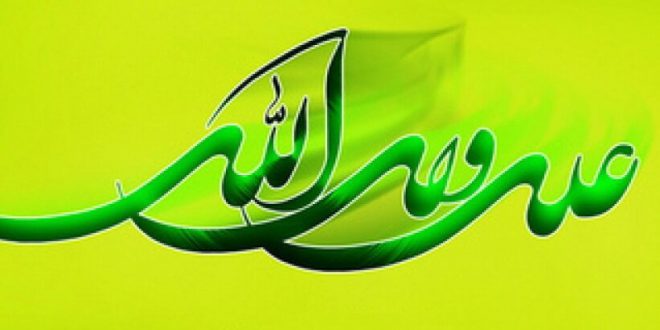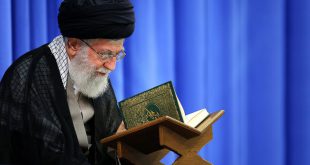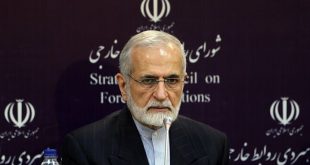An assistant professor in the Department of Theology at Mofid University, said: Nahj al-Balagha considers it the language of nature and humanity and says: New developments and thoughts have made it possible for us to discover and present new dimensions of the human values of Nahj al-Balagha that have remained hidden from the perspective of the predecessors.
You can read part of the conversation between and Hujjat al-Islam Hamed Shiva Poor, a lecturer in Nahj al-Balagha and assistant professor in the Department of Theology at Mofid University, below:
: In your opinion, why is it that after centuries and the emergence and birth of new ideas and thoughts, the noble book Nahj al-Balagha is still referred to as an important source of knowledge and discussions on social justice, virtue-centered governance, and fairness?
Shiva Poor: You have raised an important point. It is important to understand why our reference to religious heritage is justified given what has happened in human thought in recent centuries. Regarding Nahj al-Balagha, it must be said that this book speaks the language of nature, humanity, and ethics, and despite all the revolutions and changes of the foundation of the modern era, this ancient language has not become obsolete and will not. It can even be said that new developments and thoughts have enabled us to discover and present new dimensions of the human values of Nahj al-Balagha that have remained hidden from the perspective of the predecessors.
I particularly liked the phrase “virtue-centered and fair governance” in your question and I will use this as an example. In the modern era, there are three main theories in moral philosophy, one of which is “virtue ethics.” From the perspective of virtue ethics, the conduct and sayings of Imam Ali (A.S) in Nahj al-Balagha, especially in the ethics of governance, have a manifestation that it can be claimed that it was not obvious to our predecessors, and we do not see or can hardly see traces of such a view in the interpretations of Nahj al-Balagha, and of course, there is no room for detail here. I just wanted to mention an example of how new thoughts have shed fresh light on the teachings of Nahj al-Balagha.
: Can we fundamentally conclude that Nahj al-Balagha and examples such as the Covenant of Malik al-Ashtar are representative of the principles of just and fair governance? Explain the characteristics that reinforce this perspective.
Shiva Poor: Certainly, this is the case, and it is not a claim that requires much effort to prove. If you give the translation of Nahj al-Balagha to anyone who cares about ethics and justice, it is impossible for them not to appreciate its profound contents, even if they do not believe in any religion. In particular, regarding the Covenant of Malik, which you mentioned, and several other similar examples in the letters and sermons of Nahj al-Balagha, it seems very contemporary, and one thinks that this text corresponds to the views that have been raised in the political thought of modern humanity.
Let me quote an example. In Nahj al-Balagha, the Covenant of Malik al-Ashtar, as you mentioned, is well-known as a text representing the principles of just and fair governance. But we also have other examples that are equally representative of the conduct and character of Imam Ali. One of these cases is the letter 45 addressed to Uthman ibn Hunayf, the governor of Imam in Basra. In a part of this letter, Imam Ali (A.S) has expressions that the more we read them, the less their attractiveness diminishes for us. He says: “By God, If I wished I could have taken the way leading towards (worldly pleasures like) pure honey, fine wheat and silk clothes but it cannot be that my passions lead me and greed take me to choosing good meals while in the Hijaz or in Yamamah there may be people who have no hope of getting bread or who do not have a full meal. Shall I lie with a satiated belly while around me there may be hungry bellies and thirsty livers? Or shall I be as the poet has said:
It is enough for you to have a disease that you lie with your belly full while around you people may be badly yearning for dried leather.
Shall I be content with being called `Amir al-mu ‘minin’ (The Commander of the Believers), although I do not share with the people the hardships of the world? Or shall I be an example for them in the distresses of life?”
 صراط عشق صراط عشق
صراط عشق صراط عشق




